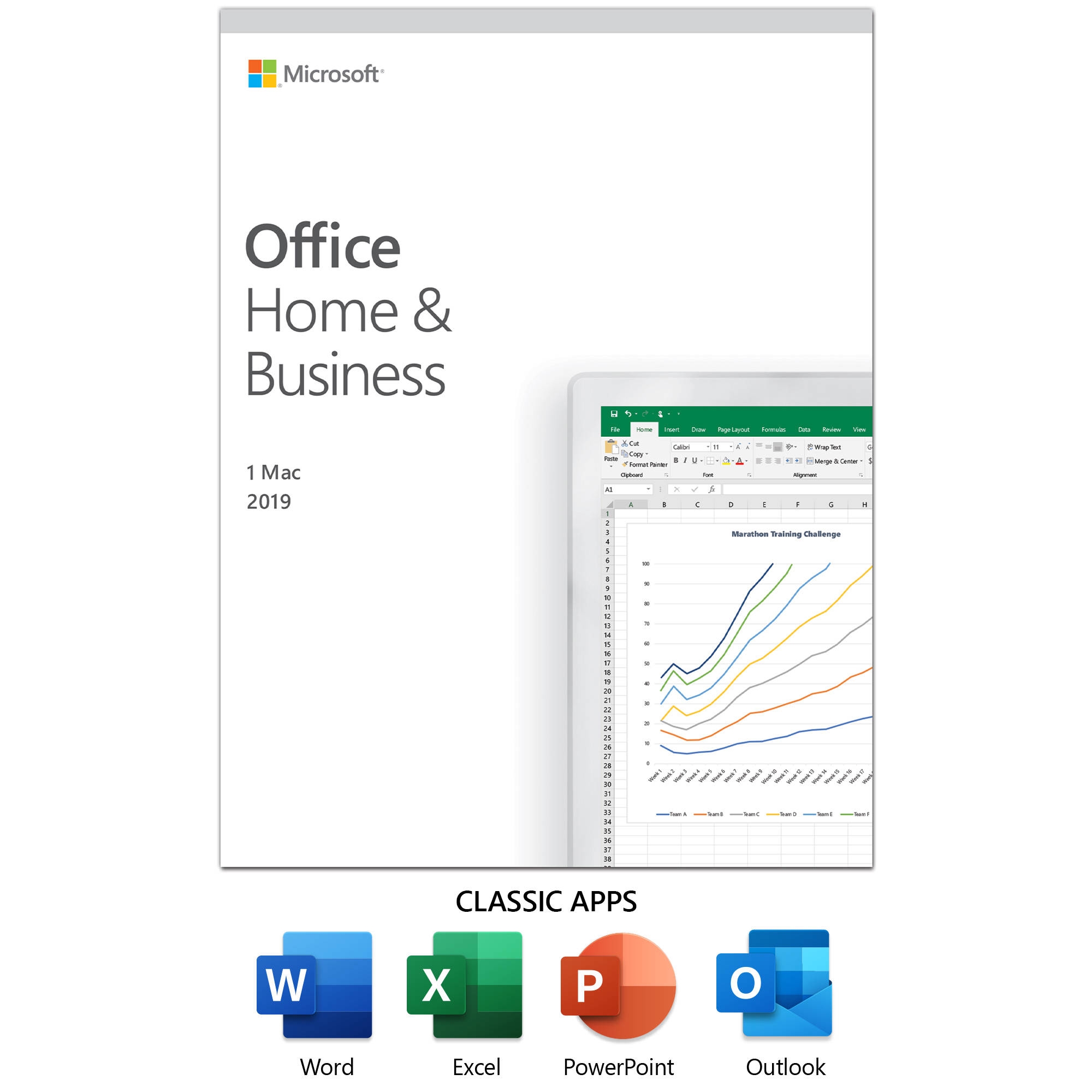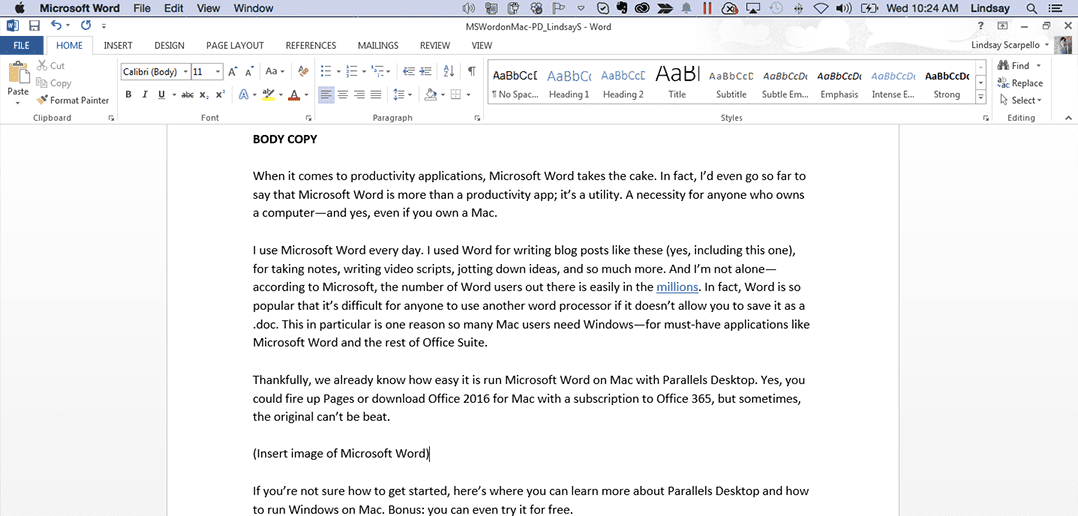

Use this method if you want to keep the Format Painter turned on for use in multiple locations.
#Use format painter in word for mac how to
How to Use the Format Painter Continually The Format Painter will turn off automatically. (Optional) Reselect the Show/Hide button to hide the paragraph marks (see figure 2).The text should immediately receive the new formatting. Use the paintbrush cursor to select the text that should receive the formatting.įigure 6.Select the Format Painter button in the Clipboard group.Example text with selection away from paragraph mark To only copy the font-level formatting, copy text from earlier in the paragraph. Example text selected with paragraph markģ.b. To copy the paragraph-level formatting (e.g., bullets, alignment, spacing) with the font-level formatting, select the text with the closing paragraph mark. Select the text with the format you want to copy.ģ.a.Select the Show/Hide button in the Paragraph group to reveal the paragraph marks.Use this method if you want to use the Format Painter in one location. You can use the Format Painter once or continually. The Format Painter can also be used on objects such as tables and images. (As shown in step 3, below, you don’t have to copy paragraph-level formatting.)

In addition, the Format Painter can copy paragraph-level formatting, such as bulleted or numbered lists, alignment, spacing, indentation, borders, and shading. It will also copy styles from the Style gallery such as Heading 1, Heading 2, etc. Font-level formatting includes font style, font size, font color, emphasis (i.e., boldness, italics, and underlining), superscripting and subscripting, text effects (e.g., outline shadow, reflection, glow), and highlighting. The Format Painter copies font-level formatting from one block of text to another within your document.

To unlock the Format Painter press Escape, click the toolbar button again, activate another toolbar button or menu item, or start typing. This allows you to continue to apply the source formatting to multiple destinations without needing to reselect it. The Format Painter will remain in this locked position until you unlock it. You do this by first clicking on or selecting the source of the formatting, and then double-clicking the toolbar button. The first approach is to lock the Format Painter on. To work around this, you can copy the formatted text from the source view and paste it into the destination view, use the format painter, and then delete the copied source text. It is therefore impossible to paint a format across views. It does, however, have its limitations: It does not apply formatting such as borders, padding and margins, and it can be very tedious to use as it only applies the source formatting to a single destination before you need to reselect the source formatting.Īlthough there is nothing that can be done about the borders, padding and margins, there are two rather obscure approaches that allow you to continue to apply the source formatting without the need to reselect it after each application.īefore addressing each approach it should be noted that switching views will cause the format painter to reset, or lose it settings. It avoids the potentially lengthy process of applying a complex combination of formatting styles by use of the menus, task panes, etc. The Format Painter, located on the Standard toolbar, is a very useful tool for applying established formatting from one item to another.


 0 kommentar(er)
0 kommentar(er)
